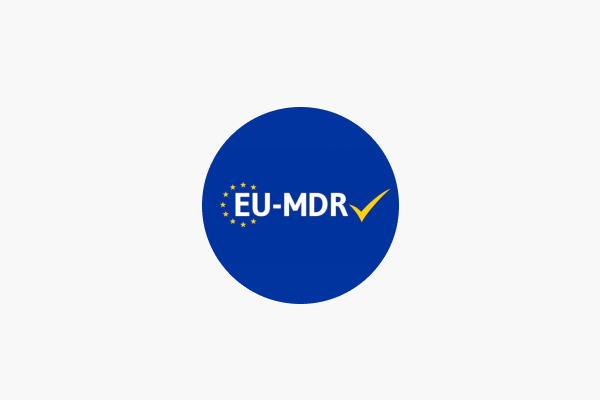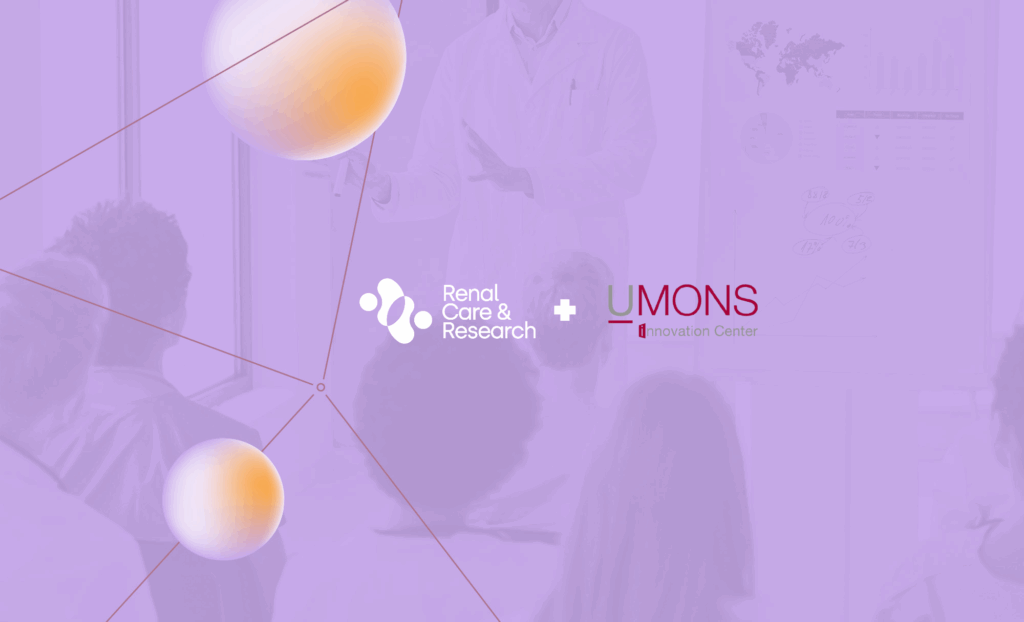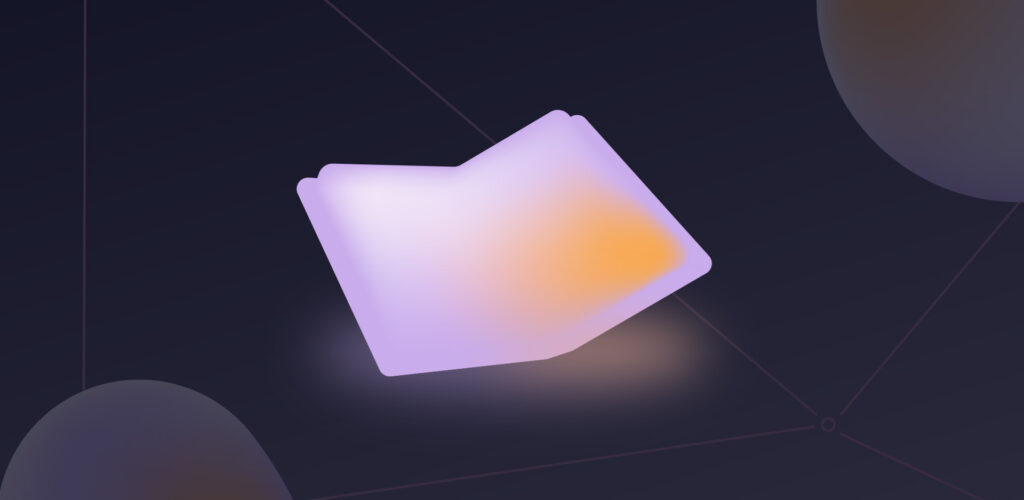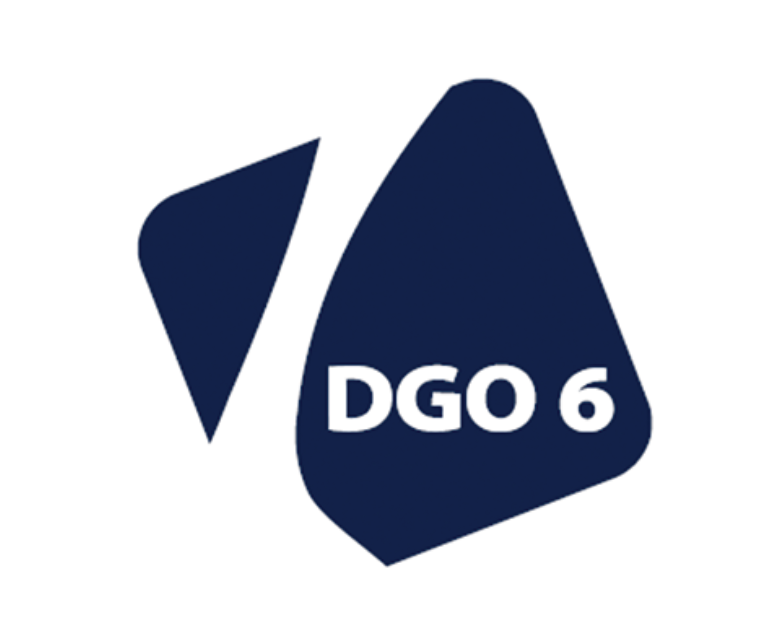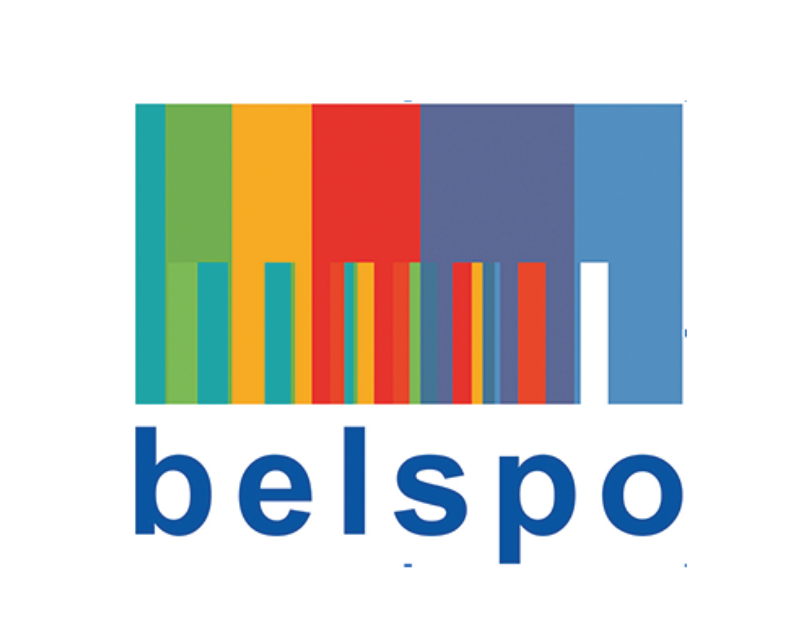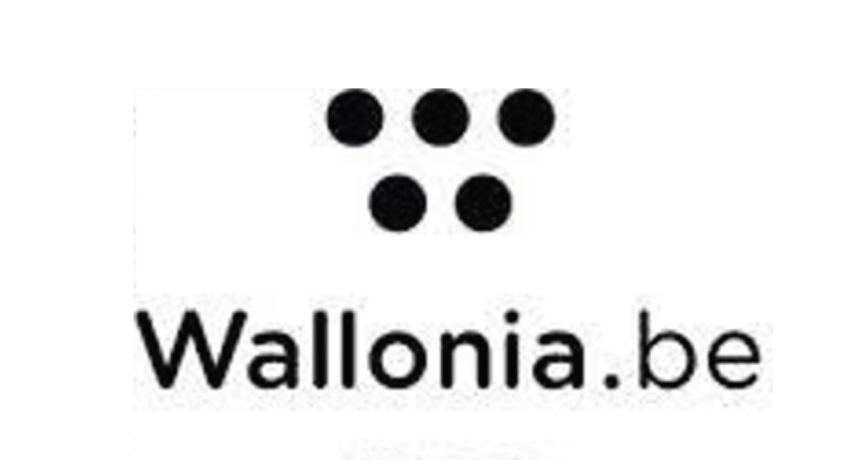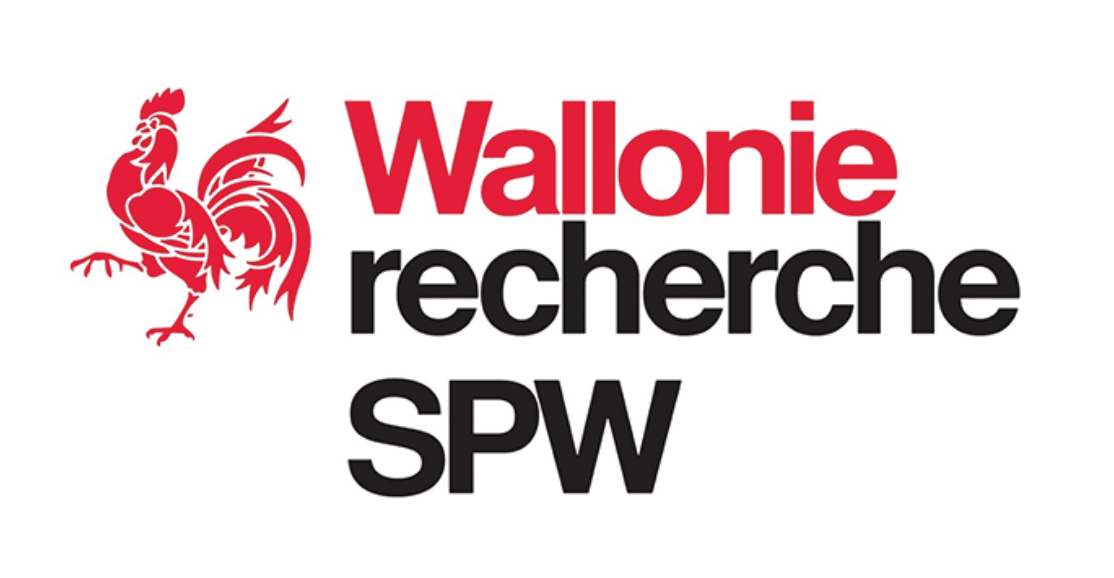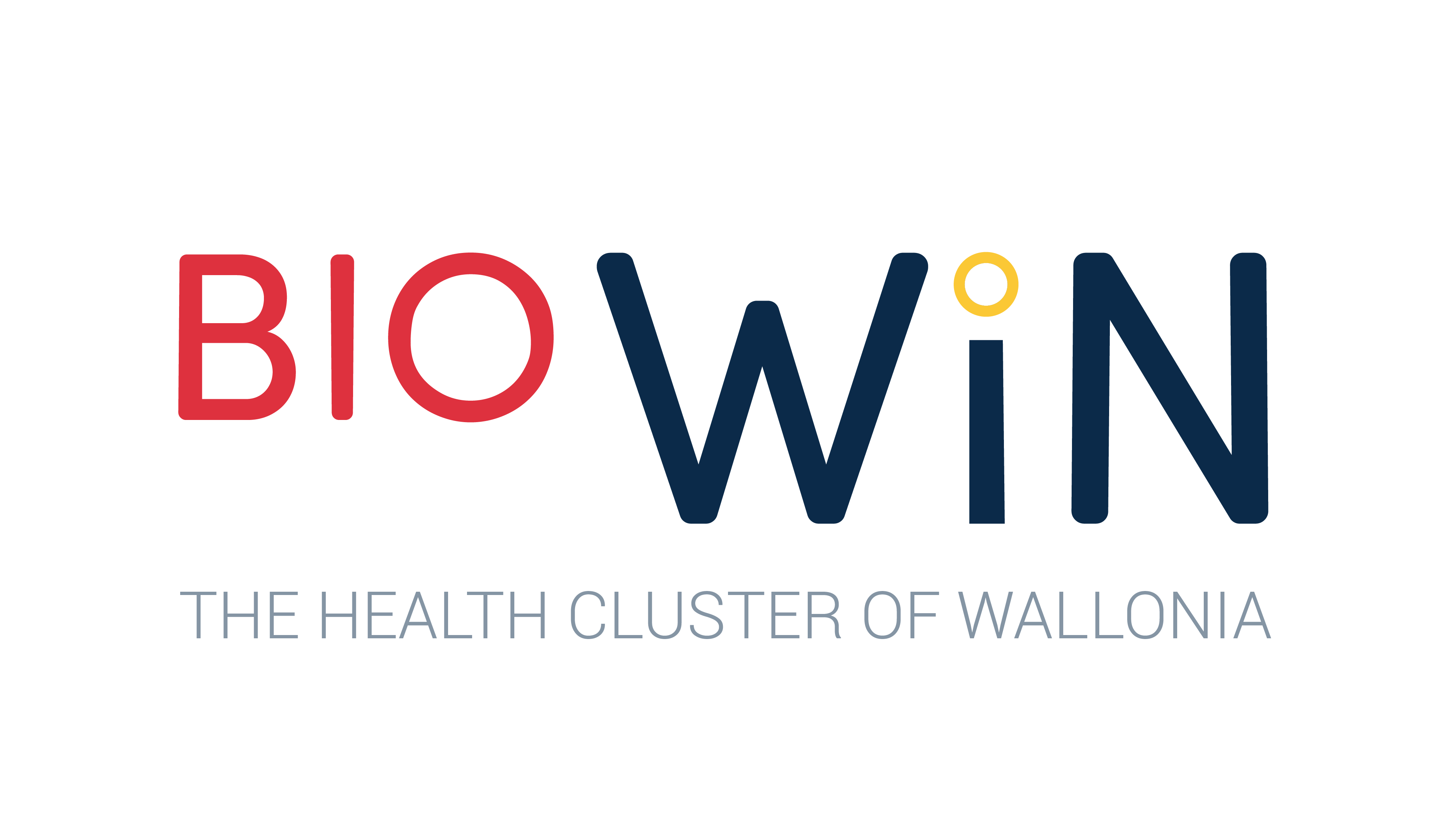At Renal Care & Research®, we’re more than just a healthcare company; we’re pioneers in personalized nephrology. We understand that every patient is unique, and we’ve dedicated ourselves to transforming kidney stone care through innovation, compassion, and precision. Join us in shaping the future of nephrology.
Pioneers in personalized nephrology.
Information tailored to your needs.


Aidewa: Connecting Data, People and Solutions
Renal Care & Research® is pioneering kidney stone treatment through innovative, personalized care.
With our state-of-the-art AIDEWA® telehealth platform, devices and specialized Renal Care Clinic®, we offer a unique approach that combines technology and tailored therapy and bridging the gap between the patiënt and the healthcare professionals.


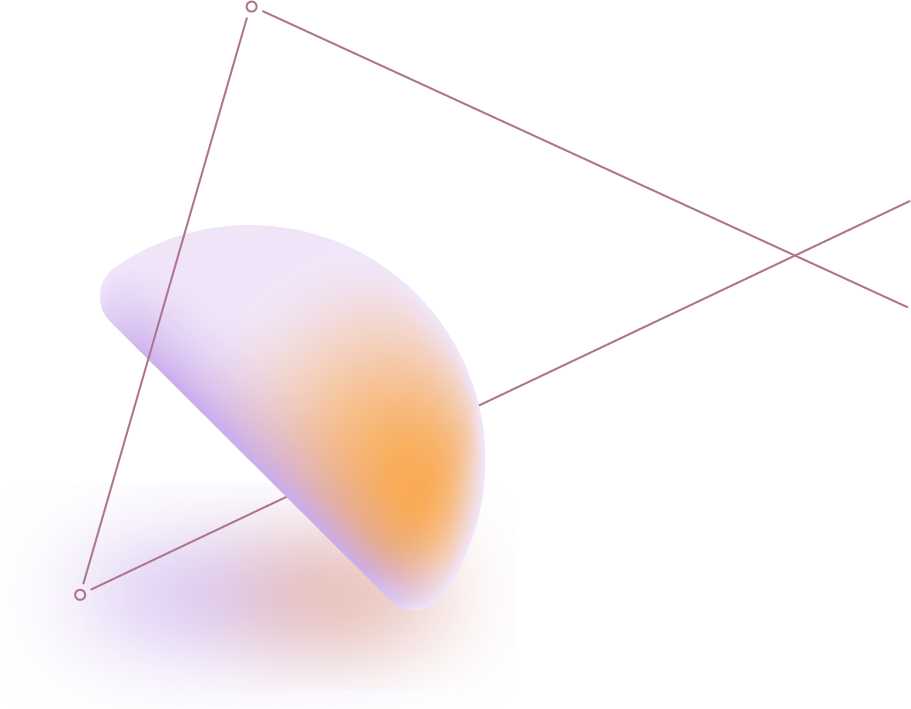
News
© 2026 Renal Care & Research

